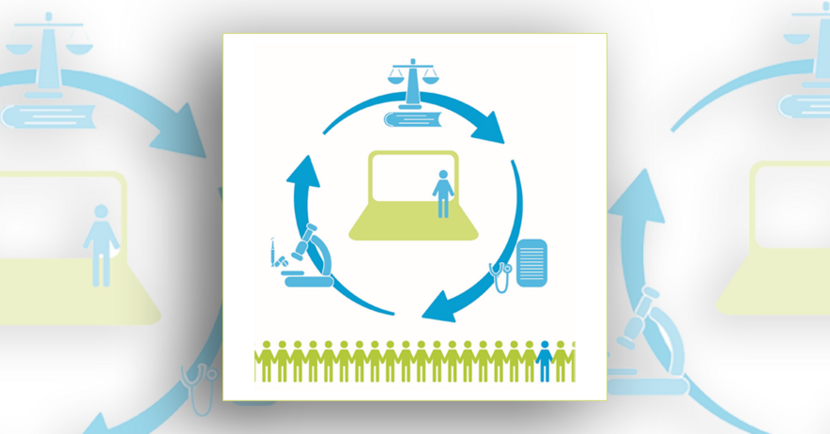The growing importance of patient registers for the assessment of medicines
Research by the Julius Center (a division of UMC Utrecht), UMC Groningen and the Medicines Evaluation Board reveals that patient registers are playing an increasingly important role when registering medicines. For example, information from these patient registers provides a better insight into the normal course of rare and other diseases. This can help assess the efficacy of new medicines in short-term medicine trials or trials without a control group.
A better insight into the course of diseases and medicine use for the treatment of rare and other diseases
Researcher Carla Jonker is obtaining her doctorate today with a thesis entitled ‘Rare disease registries: A must for regulatory decision making’. Carla Jonker is the Senior Regulatory Project Leader for the MEB and Scientific Administrator for the Data Analytics and Methodology Task Force at the European Medicines Agency.
Filling gaps in information
Registers can fill gaps in data about rare diseases in particular – in situations where the patient group is small, for example. There is already a long history of patient-register use in respect of haemophilia, a rare coagulation disorder.
Researcher Carla Jonker:
In my research, we compared data from the registers on haemophilia patients with data from a medicine trial without a control group. One serious side effect observed when treating haemophilia is the production by patients of antibodies against the medicine being used to treat them. We showed that the data about this side effect in the register are similar to the results of the medicine trial.
Monitoring patients for an extended period of time
Patient registers are also increasingly being used as a source for the selection of patients for new medicine trials. This is particularly important for medicine trials on rare diseases, because of the limited number of patients. It is often not possible to organise a big trial with a control group. In situations like this, registers make it possible to gather more data (including data about use of the medicine after a marketing authorisation has been granted).
Carla Jonker adds, ‘A register enables you to monitor patients for an extended period. It tells you whether patients have benefited from their treatment in the long term and how safe the medicine continues to be. It then becomes possible to compare these data with the data of patients receiving the standard treatment.’

Privacy and correctness as points for attention
Although the use of patient registers has many advantages, there are a number of points for attention too. One important point for attention is privacy. Carla: ‘Patients consent to the use of their data from the register for a specific purpose – to improve the quality of care or academic research, for example. If consent for use in medicine research has not specifically been requested, the manufacturer of a medicine will often not have access to these data. This means the data cannot be used for this purpose, even though it exists.’
The data held in a register are almost never complete either. Registers are often created with just limited funds and for a purpose other than the registration of medicines. Because of this, the data needed to assess medicines are often absent. ‘This could be precise data about patient medication use or possible side effects, for example,’ Carla explains.
Making optimal use of registers
To ensure the optimal use of registers and real-world data, it is important for consultations about collaboration between medicine authorities, manufacturers and marketing authorisation holders to take place at an early phase when developing a medicine. In this way, it will always be clear what information registers should contain to be of value when assessing medicines.
The European Medicines Agency initiated the DARWIN EU project recently. This project gives European and national medicine agencies access to digital health care data from medicine trials that are not added to registers. This includes information about diseases, patient groups and the use, safety and efficacy of medicines. Patient registers and projects like this help to accelerate the development of new medicines. The MEB is taking part in this project on behalf of the Netherlands.